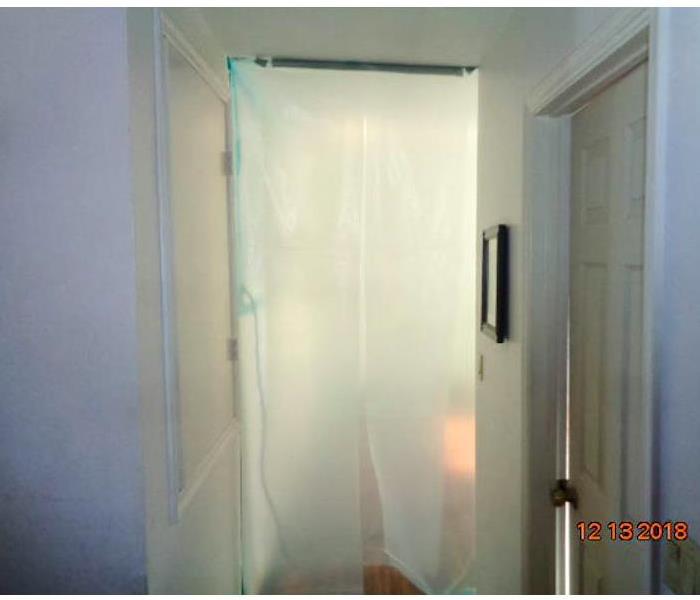Black Mold in Your Rental
9/13/2021 (Permalink)
 If the mold problem arose due to your landlord's failure to uphold their responsibilities, you may be able to sue them for compensation.
If the mold problem arose due to your landlord's failure to uphold their responsibilities, you may be able to sue them for compensation.
If you have recently had mold removal professionals come into your business, they likely found damage to your unit. One way to get compensation for damage caused by black mold in your rental is to sue your landlord. Read on to learn more about the danger you face, your rights, and how to take action.
The Effects of Black Mold
Black mold is officially known as Stachybotrys chartarum. It can cause damage to your property. Since it thrives in dark and poorly ventilated areas, it is often unnoticed until it has already caused a lot of damage.
Your Landlord’s Responsibilities
Landlords are required by law to provide their tenets with a place that is free of safety hazards. Their specific standards are set by your local jurisdiction's building codes. Fortunately, black mold is almost always considered a safety hazard. Since your landlord's responsibilities are defined in your lease agreement, it is important to note who is responsible for addressing things that could cause mold growth if you are considering suing for damage. For instance, if your landlord is responsible for fixing leaky plumbing, but a small pipe leak leads to mold in your building, this could be considered a breach of contract.
Your First Steps After Discovering Mold
Your first reaction to mold should not be to sue your landlord. Instead, you should take the following steps:
- Contact your landlord immediately in writing
- Document any damages
- Get the mold inspected and tested
These steps will leave a paper trail showing that you took the proper channels. Your landlord is legally required to remove the mold. If they do not and you have taken the appropriate steps, you will set yourself up for a solid case in a small claims court.
While you may think it is harmless, mold can cause serious damage to your building in Glendale, AZ. If your recent mold remediation turned up toxic mold, you may face a lot of damage that you will have to pay for. However, if the mold problem arose due to your landlord's failure to uphold their responsibilities, you may be able to sue them for compensation.



 24/7 Emergency Service
24/7 Emergency Service